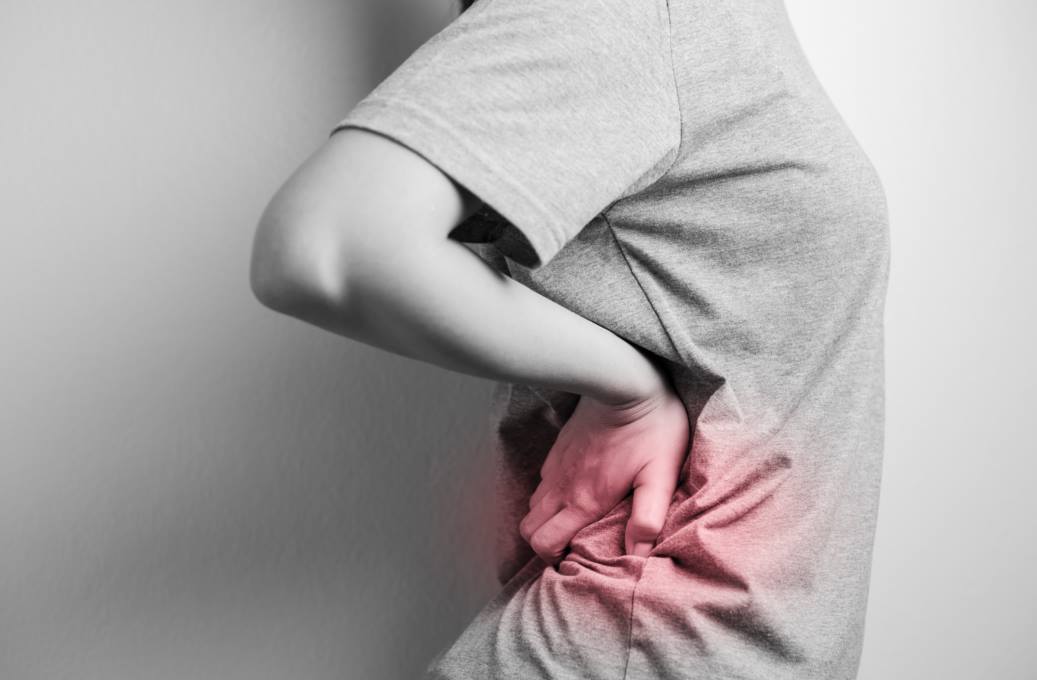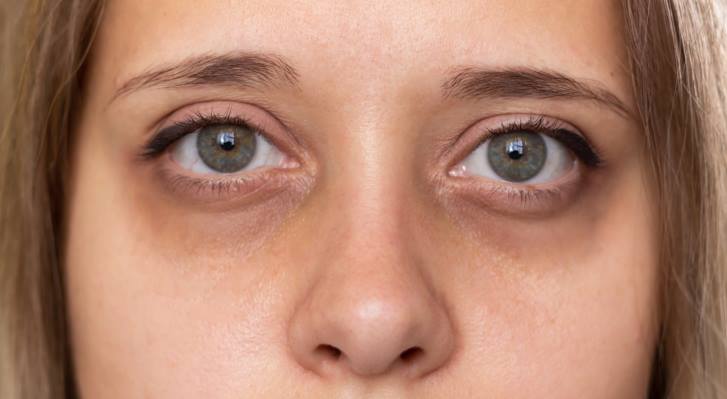8 Warning Signs That Your Kidneys Might Be Damaged

Chronic kidney disease, also known as chronic kidney failure, is characterized by a gradual decline in kidney function. Although there are several indicators of kidney disease, people often mistake them for symptoms of other health issues. Additionally, individuals with kidney disease typically do not experience any signs until the disease has progressed to its late stages or when there is a significant presence of protein in the urine. Hence, let's take a look at the top 8 warning signs of kidney damage.
1. Fatigue And Trouble Focusing
As the function of the kidneys deteriorates, the accumulation of harmful substances and toxins in the bloodstream can lead to a range of symptoms such as fatigue, weakness, and difficulty concentrating. Furthermore, the kidneys produce the hormone erythropoietin, which enables the production of red blood cells in the bone marrow. In kidney disease, the production of erythropoietin decreases, resulting in a condition called renal anemia. This type of anemia can cause fatigue, weakness, and shortness of breath, as the body's tissues do not receive enough oxygen.
2. Sleep Disturbances
When the kidneys are unable to remove harmful substances from the body, these toxins accumulate in the blood instead of being expelled through urine. As a result, people with kidney disease experience poor sleep quality. Furthermore, there is a connection between chronic kidney disease and obesity, and those who suffer from chronic kidney disease are at a higher risk of experiencing sleep apnea than the rest of the population.

3. Itchy And Dry Skin
Healthy kidneys have several vital functions. They eliminate waste and excess fluid from the body, aid in the production of red blood cells, promote strong bones and regulate the appropriate levels of minerals in the bloodstream. Dry and itchy skin may indicate the presence of mineral and bone disease, which commonly occurs in advanced kidney disease when the kidneys are unable to maintain the proper balance of minerals and nutrients in the blood.
4. Frequent Need To Urinate
Frequent urination, particularly at night, could be a potential sign of kidney disease. When the filters of the kidneys don’t function properly, it can result in an elevated urge to urinate. In some cases, this symptom may also suggest a urinary infection or an enlarged prostate in men.
5. Foamy Urine
If you notice too many bubbles in your urine that take multiple flushes to disappear, it could be a sign of protein in your urine. The kidneys are responsible for filtering waste products from the blood and removing excess fluids from the body. However, when the kidneys are not functioning properly, they may allow protein to leak into the urine. This foam may resemble the one you encounter when cooking eggs because it involves protein, which is also present in eggs.
6. Blood In The Urine
One of the key functions of the kidneys is to retain blood cells within the bloodstream. However, if the kidney's filters become dysfunctional, blood cells may start leaking into the urine. This condition, known as hematuria, can manifest as visible blood in the urine or microscopic amounts that can only be detected through laboratory tests.
7. Puffy Eyes
The presence of protein in the urine is an early sign that the kidneys' filters have been damaged, leading to the leakage of protein into the urine. The swelling around your eyes could be a result of the kidneys expelling a substantial amount of protein in the urine, rather than retaining it in the body.

8. Swollen Ankles And Feet
If your kidney function decreases, it can cause your body to retain sodium, which may lead to swelling in your feet and ankles. Swelling in your lower extremities can also indicate heart disease, liver disease, or chronic leg vein issues.
Final Thoughts
If you notice any signs or symptoms of kidney disease, it's important to schedule an appointment with your doctor. Early diagnosis could potentially prevent it from developing into kidney failure. In case you have a medical condition that puts you at a higher risk for kidney disease, your doctor might keep an eye on your blood pressure and kidney function through urine and blood tests during your office visits. Don't hesitate to ask your doctor if these tests are needed for you.











